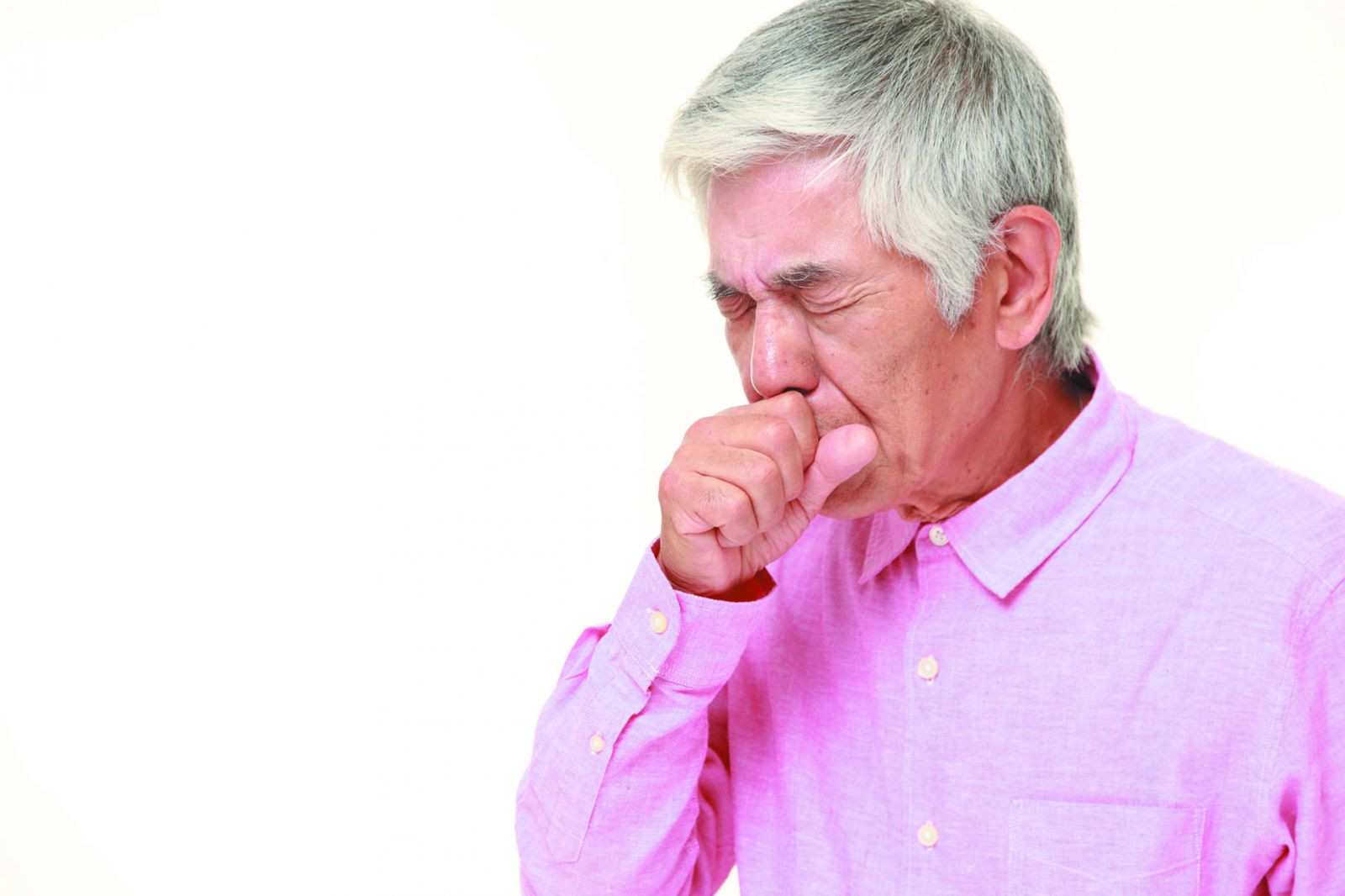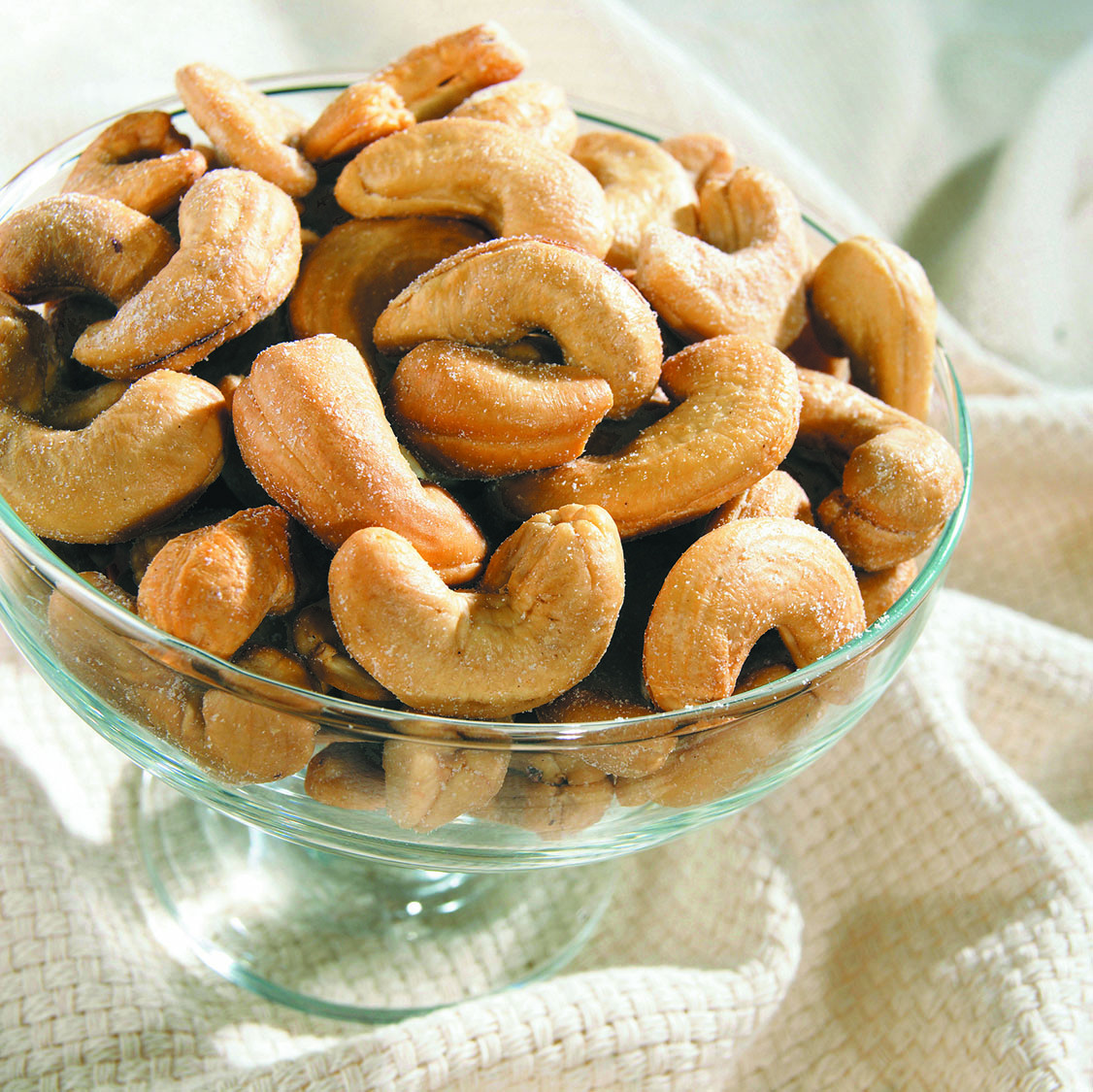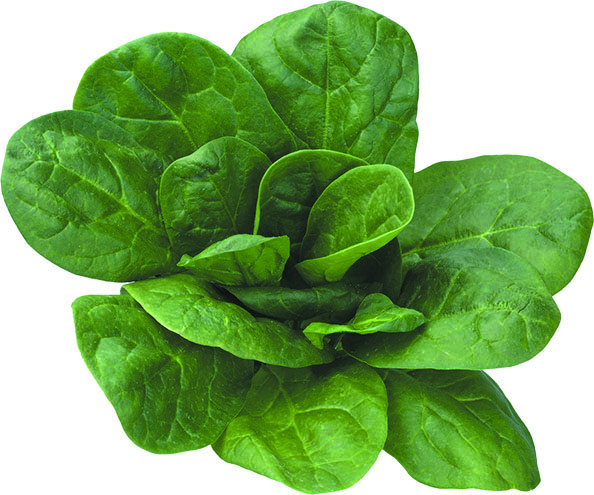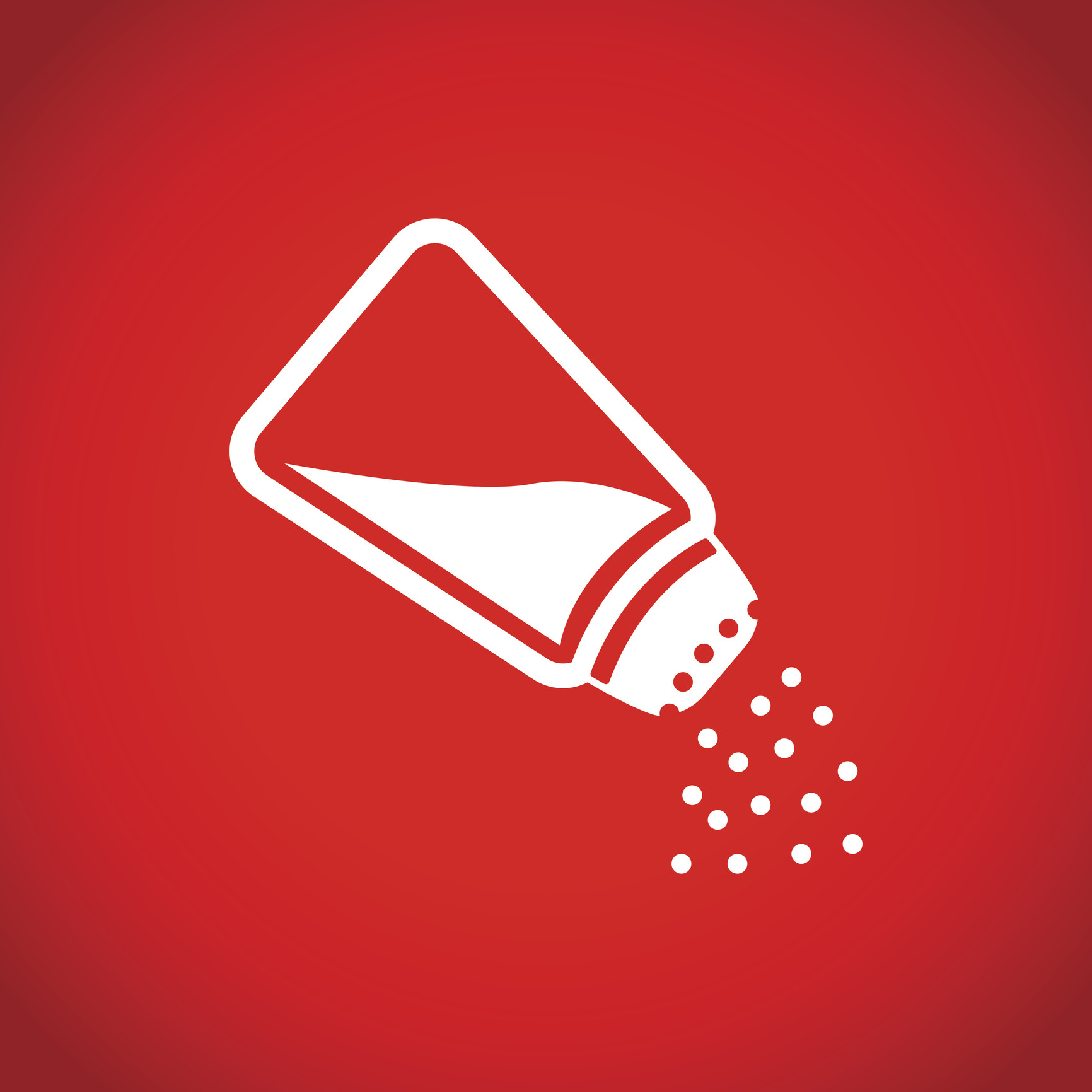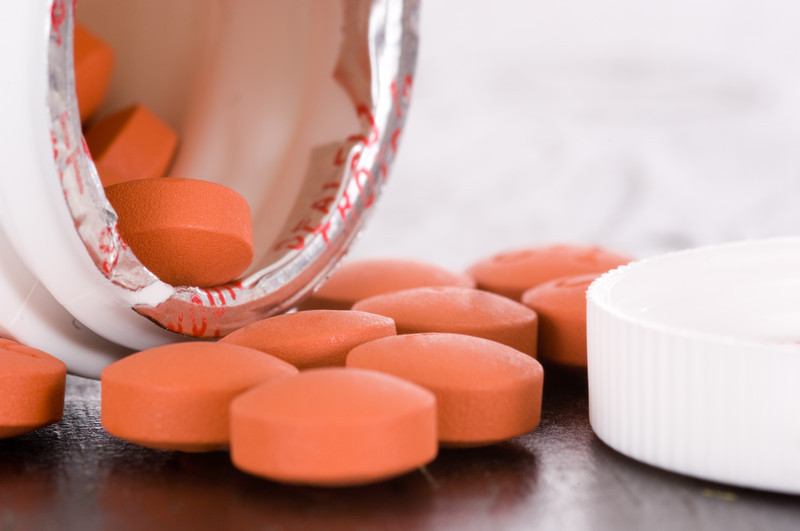
What are somatic workouts?

How to curb your stress eating

How to spot Parkinson’s disease symptoms

8 simple ways to reduce ultra-processed foods in your diet

Heart failure symptoms in women: How they’re different

GERD diet: Foods to avoid to reduce acid reflux

Strong is the new skinny

Everyday habits that sneakily weaken your bones

Don’t wait to get help for back pain

Correcting how you walk may ease osteoarthritis knee pain
Heart Health Archive
Articles
How to stick to a low-salt diet when dining out
Do a little research, follow a few rules, and make polite requests.
Image: © Backyard Production/Thinkstock
Going out for dinner can be a nice way to unwind with family or friends. But if you're watching your salt intake, restaurants aren't always so relaxing. Much of their fare is loaded with sodium, a main component of salt. In fact, some entrees at popular chains contain far more than 2,300 milligrams (mg) of sodium — the recommended limit for an entire day's worth of food (see "Super-salty entree examples").
Limiting sodium is especially important for people with high blood pressure, because excess salt worsens this common condition, leaving you more prone to heart attack and stroke. If you eat out only once a month, you probably needn't worry too much. But Americans tend to eat out far more frequently — about five times a week, on average. So it's worth learning some strategies for staying within your salt budget when you eat away from home.
Recognizing the most common warning signs of a stroke
Three telltale symptoms occur in 75% of all strokes, often in combination. Don't ignore them — even if they're short-lived.
Image: © American Heart/Thinkstock
Every 40 seconds, someone in the United States has a stroke. Also known as "brain attacks," strokes result from an injury to a blood vessel that limits blood flow to part of the brain. Rapid diagnosis and treatment can prevent potentially devastating disability or death — which is why everyone should know the common warning signs of a stroke.
In 2013, the American Stroke Association unveiled a stroke awareness campaign based on the mnemonic FAST. Around that the time, a national survey suggested that 28% of Americans didn't know any stroke symptoms, and nearly half weren't sure what to do if they experienced or witnessed the symptoms of a stroke. But four years later, things seem to be improving.
Power up your heart health
Add strength training to your home workout to boost your cardiovascular fitness.
With age, much of your body's muscle is replaced by fat. By age 75, lean muscle mass drops to just a quarter of your total weight, down from 50% in the young adult years. Some of the effects of this loss are clearly visible — your body changes shape, and you can no longer hoist heavy boxes or sprint to catch a bus. But this shift also carries broader implications for your overall health and chronic disease risk.
Your heart will thank you
Five of the modifiable risk factors for cardiovascular disease — inactivity, high cholesterol, high blood pressure, excess body fat, and diabetes — respond in varying degrees to strength training, says Elissa Huber-Anderson, a physical therapist at Harvard-affiliated Massachusetts General Hospital. "Strength exercises increase muscle mass and burn body fat, thus reducing the risk for obesity. This type of workout also helps manage type 2 diabetes by decreasing abdominal fat and improving blood sugar control," she says. Strength training may also improve blood cholesterol levels and reduce resting blood pressure, which further lowers the risk to your heart.
Putting the brakes on a racing heart
A rapid heartbeat can be frightening, but this often-fleeting problem is usually harmless.
Image: © deeepblue/Thinkstock
If you're exercising or feeling very nervous, you expect your heart to beat faster than normal. But what if your heart sometimes starts racing out of the blue, for no apparent reason? You might have supraventricular tachycardia, or SVT. SVT is an umbrella term that covers several different types of rapid heart rhythms, all of which are caused by an electrical glitch in the upper part of the heart.
The most common SVTs are atrial fibrillation — a rapid, chaotic rhythm that increases the chance of having a stroke—and atrial flutter, a fast but usually regular heartbeat. But when cardiologists talk about SVT, they're usually referring to three different, less-common conditions (see "What is supraventricular tachycardia?").
Cashews: A better choice than low-fat chips?
Research we're watching
Image: © Purestock/Thinkstock
If you're craving a crunchy snack, a handful of cashews is a heart-healthy choice, a small study suggests.
Although they're a popular pick in nut mixes, cashews have a bit of a bad rap. Because cashews contain about 20% saturated fat, the FDA omitted them from the qualified health claim suggesting that nuts may lower heart disease risk when eaten as part of a diet low in saturated fats and cholesterol.
As physical activity level rises, blood pressure may drop
Research we're watching
The more physically active you are, the lower your risk of high blood pressure, a study in the April 2017 issue of Hypertension suggests.
Researchers pooled data from 29 studies involving a total of more than 330,000 people, about 20% of whom had high blood pressure. They examined the association between high blood pressure and leisure-time physical activity (walking, dancing, or gardening, for example) as measured by metabolic equivalents (METs).
A new spin for spinach: A scaffold for working heart cells
Research we're watching
Image: © Irimglow/Thinkstock
Spinach, like all green vegetables, is full of nutrients that may help prevent heart disease. But one day, this leafy green may also provide a novel way to repair a damaged heart, as described in the May 2017 issue of Biomaterials.
A team of researchers used detergent to dissolve the cells inside a spinach leaf, leaving only the scaffolding of the leaf veins (which resemble blood vessels in the heart). Next, they seeded those veins with human heart stem cells. After five days, the cells spontaneously began to contract — and continued to beat for three weeks.
Of all the flavors in the world, we choose salty — and that’s not good
The average American consumes three times the recommended daily intake of sodium, largely because of salt added to processed and prepared foods. It’s possible to reduce daily sodium intake, but it does require effort and vigilance.

What are somatic workouts?

How to curb your stress eating

How to spot Parkinson’s disease symptoms

8 simple ways to reduce ultra-processed foods in your diet

Heart failure symptoms in women: How they’re different

GERD diet: Foods to avoid to reduce acid reflux

Strong is the new skinny

Everyday habits that sneakily weaken your bones

Don’t wait to get help for back pain

Correcting how you walk may ease osteoarthritis knee pain
Free Healthbeat Signup
Get the latest in health news delivered to your inbox!
Sign Up



